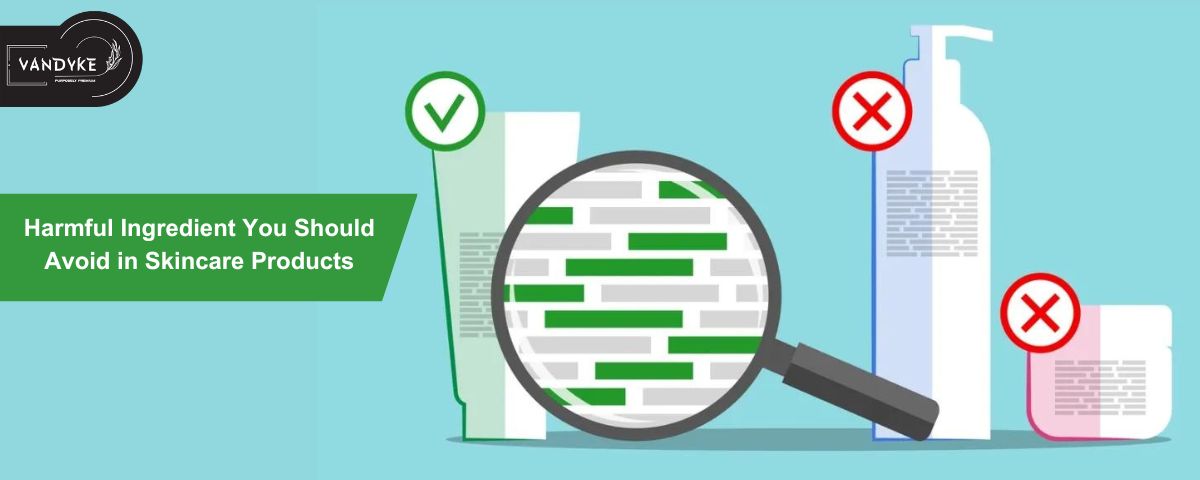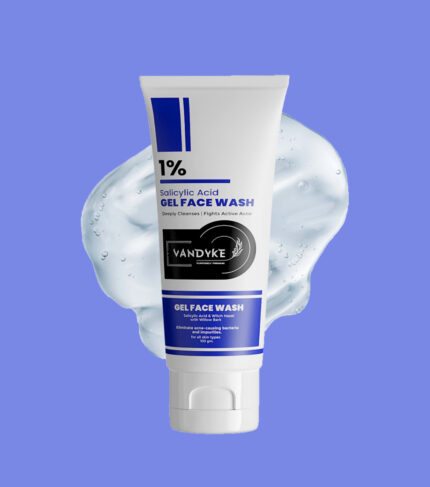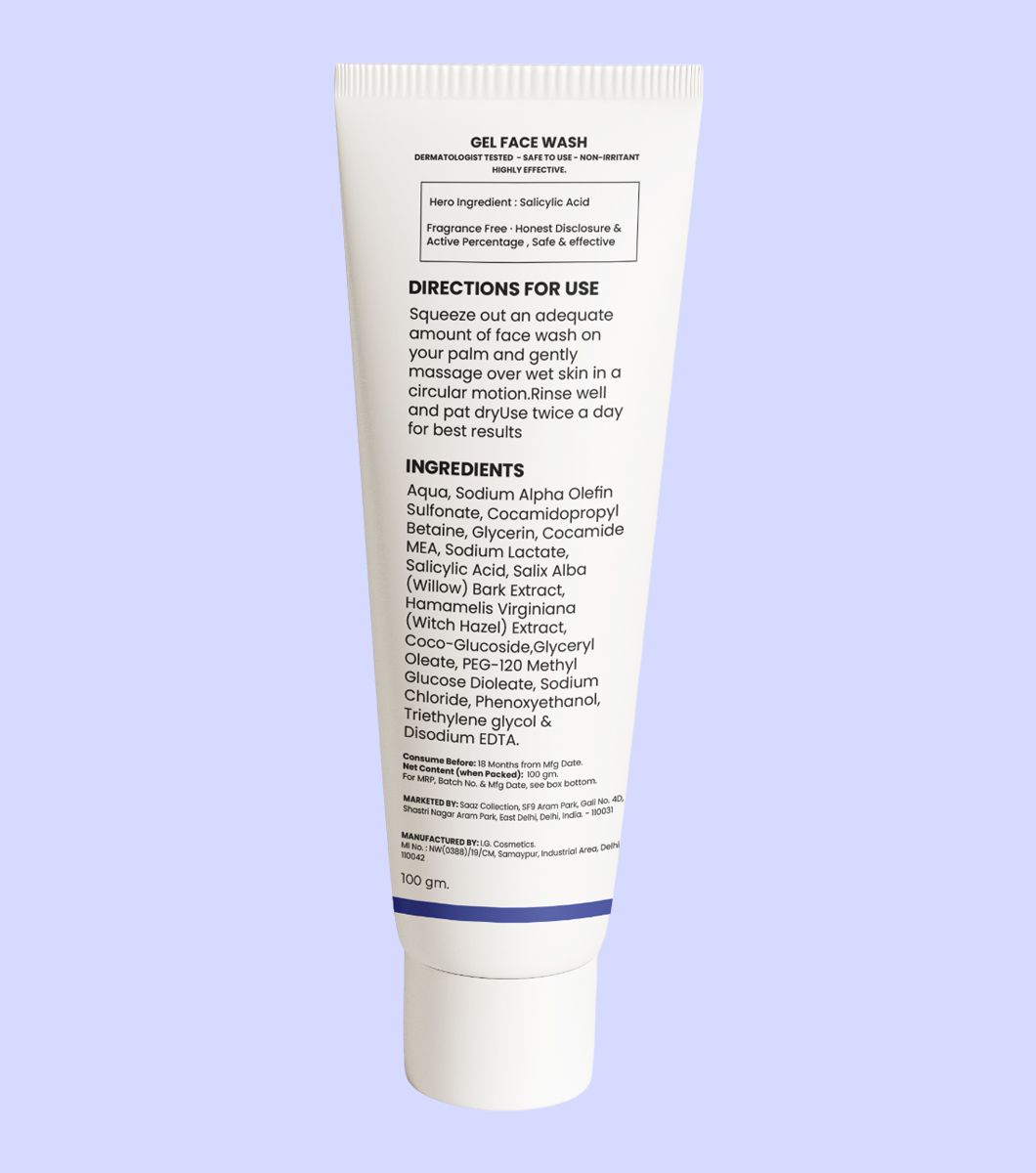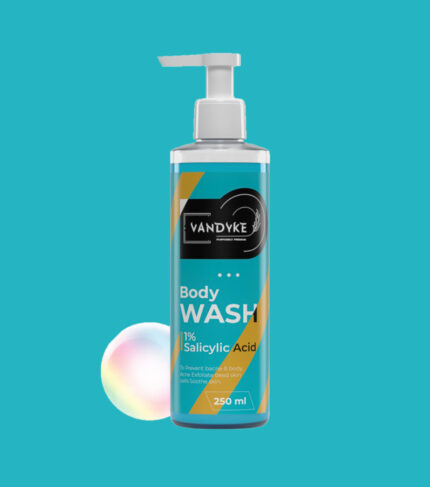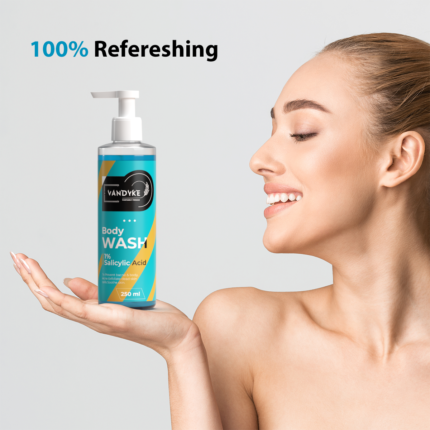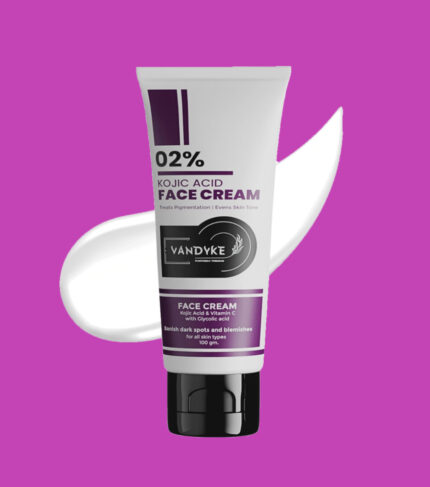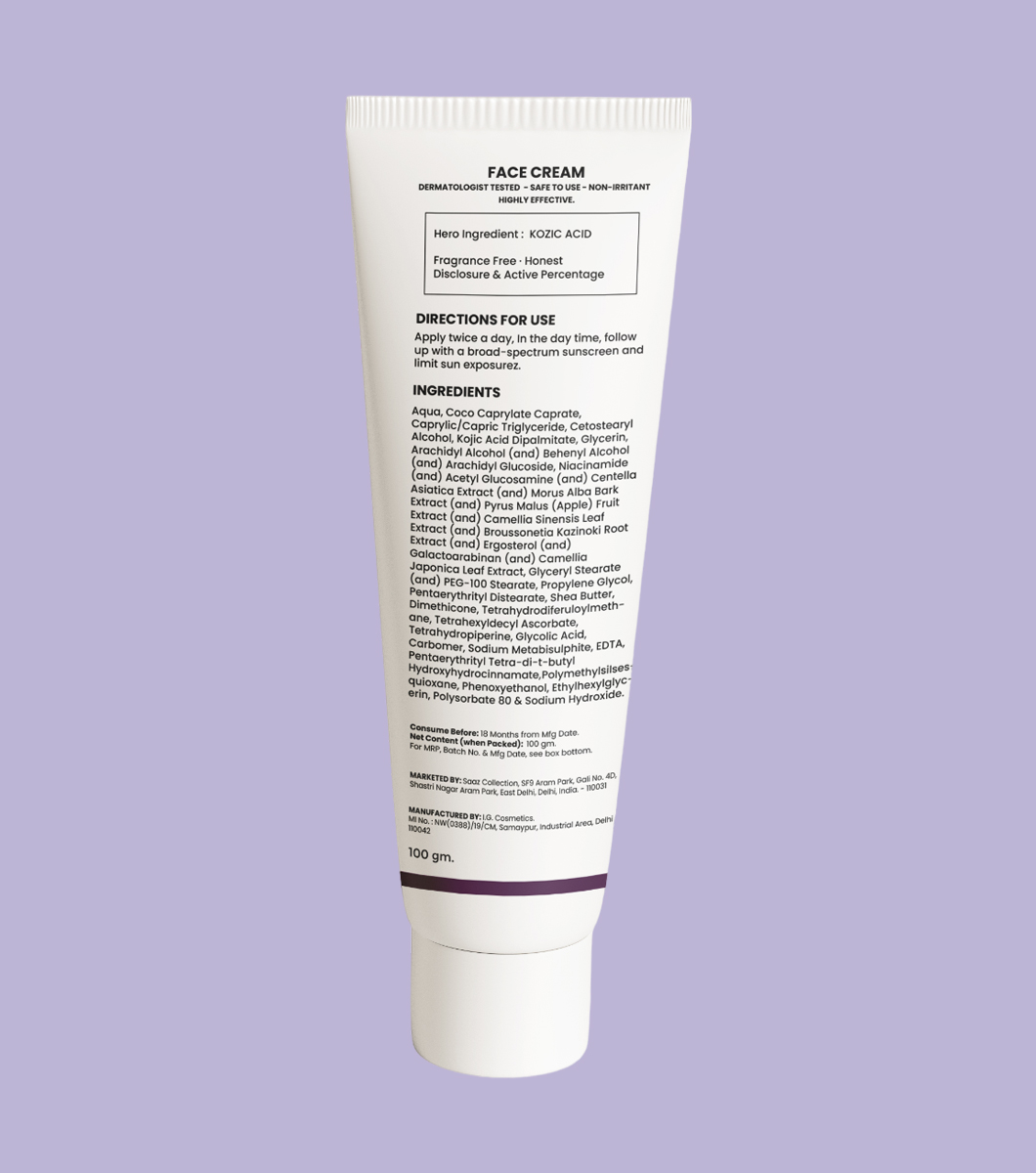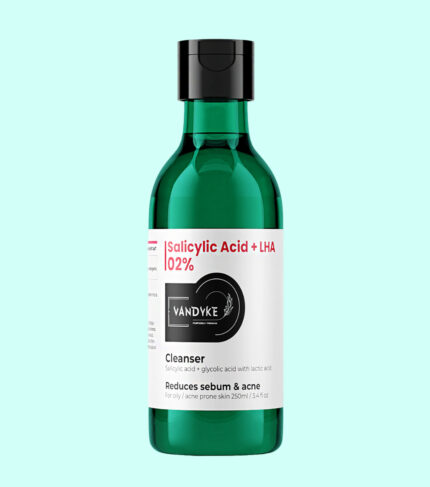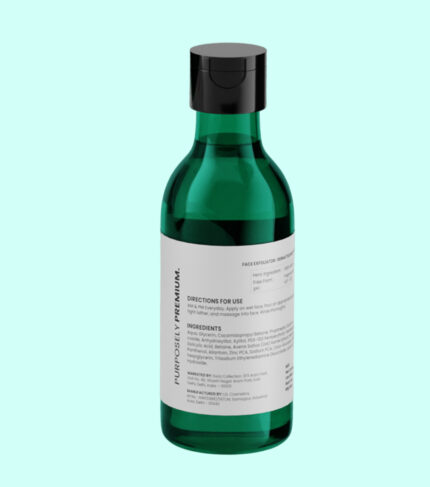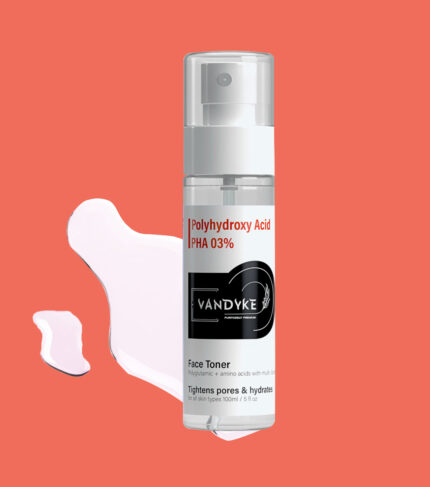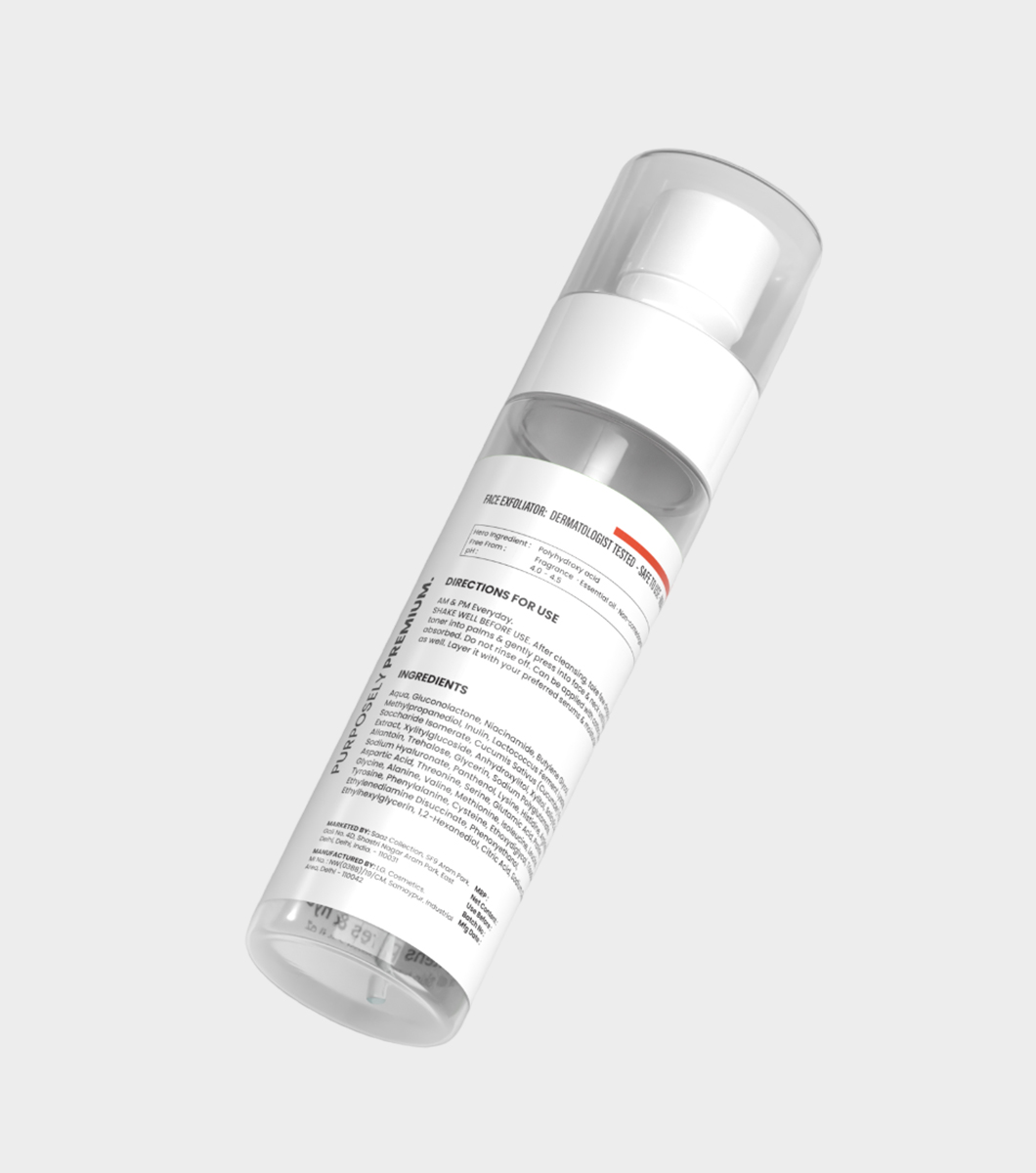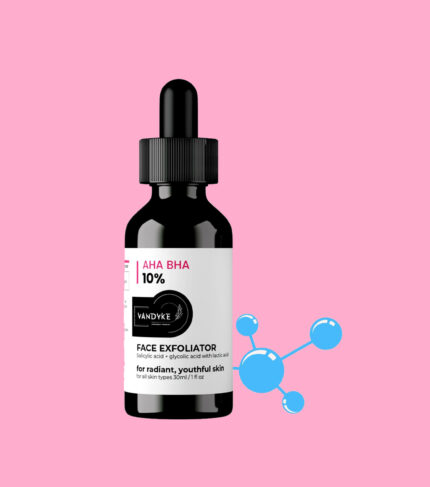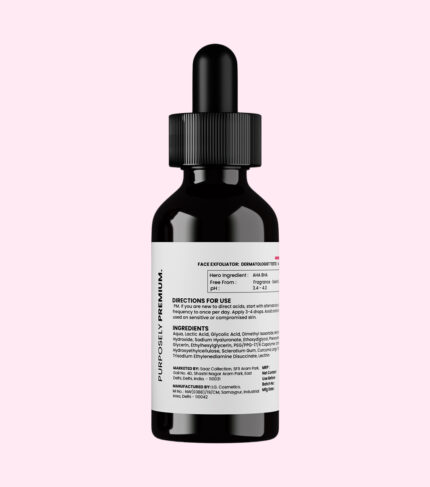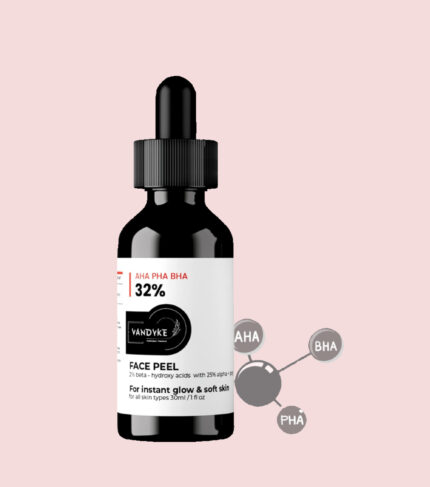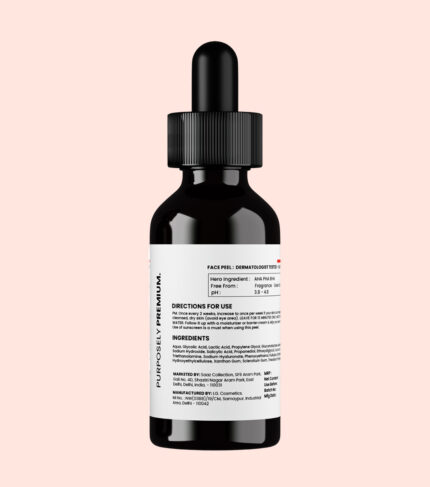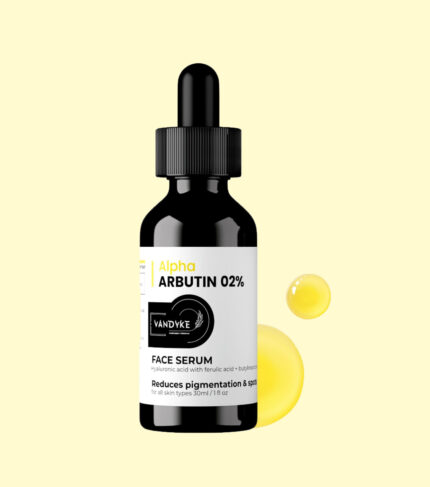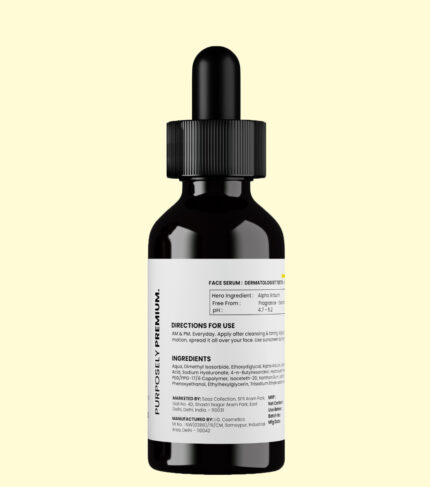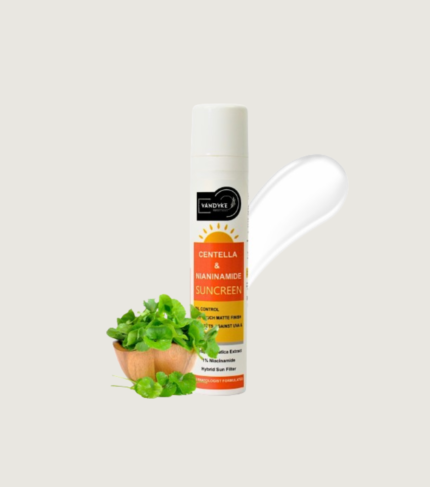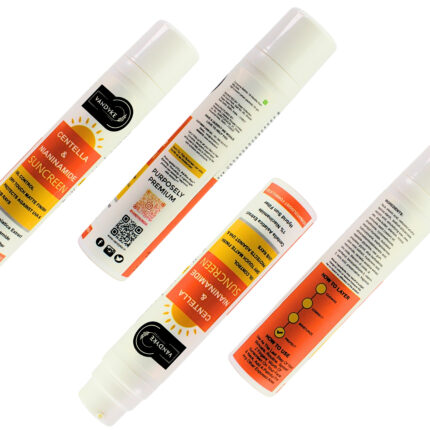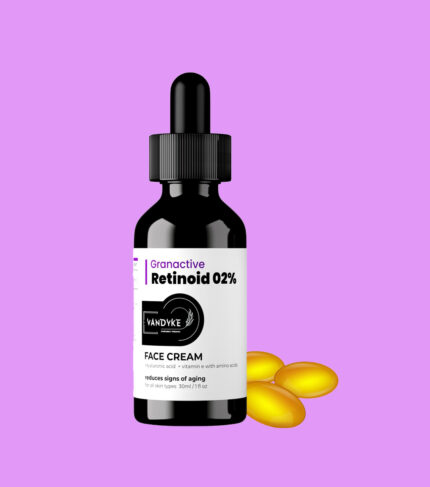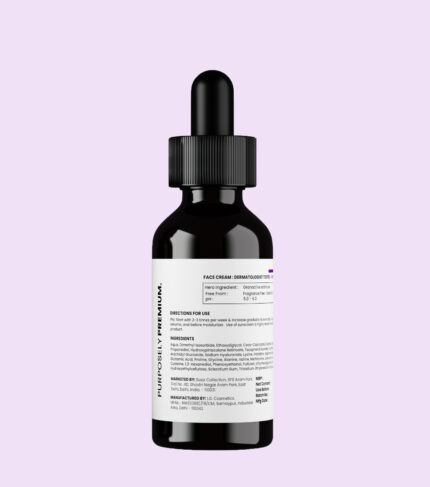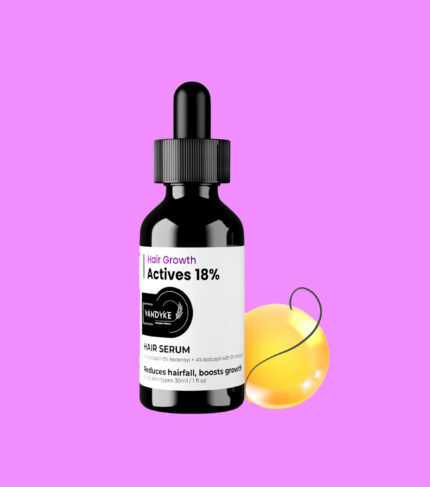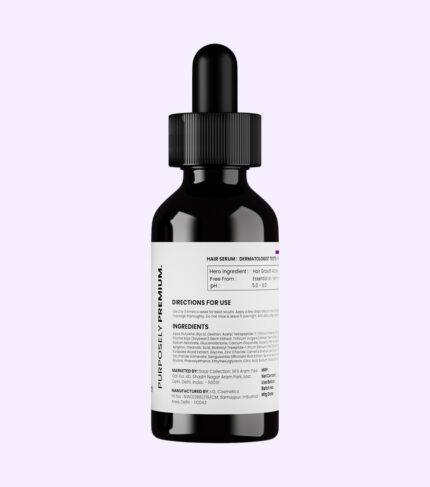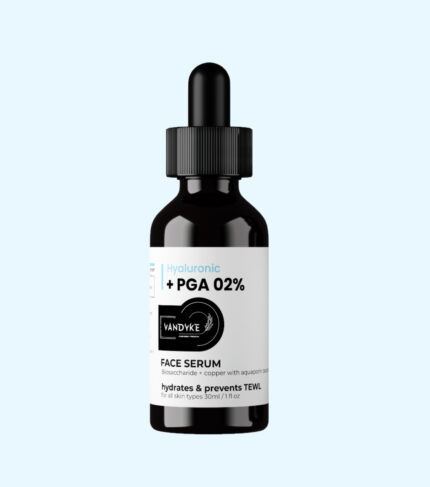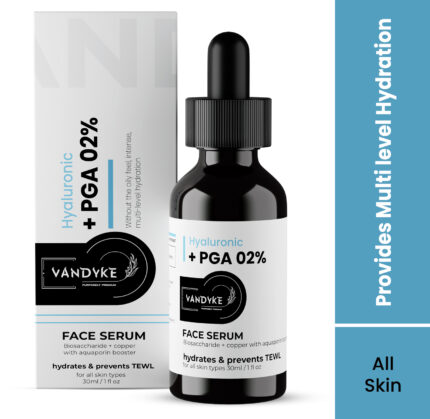Harmful Ingredient You Should Avoid in Skincare Products
The importance of skincare choices
What need to Avoid in Skincare Products: Skin care choices are crucial as they impact your skin’s health and appearance. Proper skincare helps maintain hydration, prevents signs of aging, and protects against environmental damage. It can also address specific concerns like acne or sensitivity, promoting overall well-being and confidence.
The potential harm certain ingredients can cause
Certain skincare ingredients can potentially harm the skin and Avoid in Skincare Products. For example, harsh chemicals like sulfates and synthetic fragrances may cause irritation or allergic reactions. Parabens, commonly used as preservatives, have been linked to hormonal disruptions. Overuse of retinoids or acids may lead to dryness or sensitivity. It’s essential to be aware of ingredient lists and potential side effects to make informed and safe skincare choices.
-
Parabens
Why parabens are used in skincare products
Parabens are widely utilized in skincare products for their effective preservative properties, helping extend shelf life by preventing the growth of bacteria, mold, and yeast. This enhances product safety and stability, ensuring that cosmetics remain free from contamination. The affordability and efficiency of parabens make them a popular choice in the beauty industry. Despite concerns about potential endocrine disruption due to their estrogenic activity, parabens have historically been regarded as safe for use in cosmetics. Their ability to inhibit microbial growth addresses a critical need for product longevity and hygiene. However, evolving consumer preferences for more natural and sustainable options have led to increased exploration of alternative preservatives in skincare formulations.
Why parabens harmful for skin
The potential harm of parabens for the skin is a topic of debate and ongoing research. Parabens, commonly used as preservatives in skincare products, have raised concerns due to their ability to mimic estrogen, leading to worries about endocrine disruption. Some studies have detected parabens in breast tumors, suggesting a possible association with breast cancer. While the concentration of parabens in skincare products is generally low, cumulative exposure from various sources has prompted regulatory scrutiny.
Sensitive individuals may experience skin irritation or allergic reactions to parabens, although such instances are relatively uncommon. To address consumer concerns, many companies now offer paraben-free alternatives. It’s essential to stay informed about emerging research and choose skincare products based on personal preferences and any specific skin sensitivities.
Alternatives
If you’re looking for skincare products without parabens, there are various alternatives available. Many brands now offer paraben-free options, utilizing alternative preservatives and natural ingredients to ensure product safety and longevity. Look for products containing natural preservatives like vitamin E, grapefruit seed extract, or essential oils. Some brands also use innovative preservation systems that combine multiple ingredients to maintain product integrity without relying on parabens.
Reading ingredient lists and opting for products labeled “paraben-free” will guide you towards alternatives. Additionally, consider exploring skincare lines that emphasize organic or clean beauty, as they often prioritize avoiding controversial ingredients, including parabens. Always patch-test new products to ensure compatibility with your skin, as individual reactions can vary.
-
Sulfates
– The purpose of sulfates in skincare.
Sulfates, such as sodium lauryl sulfate (SLS) and sodium laureth sulfate (SLES), are commonly used in skincare products, particularly cleansers and shampoos, for their surfactant properties. Surfactants are responsible for creating lather and effectively removing dirt, oil, and debris from the skin.
Sulfates help break down oils and dirt, allowing them to be easily rinsed away, providing a thorough cleansing experience. The lathering effect also contributes to the sensory aspect of cleansing products, making them feel more luxurious.
However, some individuals may find sulfates to be harsh on the skin, causing dryness or irritation. For those with sensitive skin, sulfate-free alternatives or products containing milder surfactants might be preferable. Overall, the use of sulfates in skincare is a balance between their effective cleansing properties and the potential for skin irritation in some individuals.
How sulfates can strip the skin of natural oils
Sulfates work by breaking down the oils on the skin’s surface, creating a lathering effect that lifts away impurities. Unfortunately, this process can remove not only excess oils but also the skin’s natural protective barrier. Stripping the skin of these oils may result in dryness, irritation, and potential disruptions to the skin’s moisture balance.
For individuals with sensitive or dry skin, using products that are sulfate-free or contain milder surfactants can help maintain a healthier skin barrier. Striking a balance between effective cleansing and preserving the skin’s natural oils is essential for promoting overall skin health.
Sulfate-free options
If you’re looking for sulfate-free skincare options, consider products that specifically mention being sulfate-free on the label. Many brands now offer sulfate-free alternatives, especially in cleansers and shampoos. Look for terms like “sulfate-free,” “gentle,” or “mild” on the product packaging.
In cleansers, you can explore products containing alternative surfactants like coco-glucoside, decyl glucoside, or sodium cocoyl isethionate, which are generally milder on the skin. For shampoos, sulfate-free options often use ingredients like sodium lauroyl sarcosinate or coco betaine.
Reading ingredient lists is crucial, and choosing products labeled as sulfate-free can help you find alternatives that are gentler on the skin and less likely to strip away natural oils. Additionally, consider products labeled as suitable for sensitive skin, as they tend to be formulated with milder ingredients.
-
Phthalates
The role of phthalates in cosmetics
Phthalates are a group of chemicals commonly used in cosmetics and personal care products for various purposes. They serve as plasticizers, making products more flexible or pliable. In cosmetics, phthalates are often found in fragrance formulations, nail polishes, and hair sprays to enhance scent, texture, and durability.
Concerns about phthalates
However, concerns have been raised about the potential health effects of phthalates. Some studies suggest that certain phthalates may act as endocrine disruptors, interfering with the body’s hormone systems and This has led to increased scrutiny.
Alternative
Regulatory agencies continually assess the safety of phthalates in cosmetics, and in response to consumer preferences and concerns, some companies are opting for phthalate-free formulations. Checking product labels and choosing items labeled “phthalate-free” can help individuals make informed choices about the cosmetics they use.
-
Mineral Oil
Why mineral oil is used in skincare products.
Mineral oil is commonly used in skincare products due to its ability to create a protective barrier on the skin’s surface, helping to lock in moisture. It’s an occlusive agent, preventing water loss and keeping the skin hydrated.
Potential Drawbacks
While mineral oil is widely used, there are potential drawbacks to consider. Some people may find it too heavy or greasy, leading to a feeling of clogged pores. Additionally, it doesn’t provide other skin benefits like vitamins or antioxidants that some natural oils do. There’s also a concern about its origin from petroleum, which may be seen as less environmentally friendly or less desirable by those seeking more natural skincare options. As with any ingredient, individual reactions vary, so it’s essential to patch-test and observe how your skin responds to products containing mineral oil.
Propose natural oil alternatives.
For a natural oil alternative in skincare, consider using jojoba oil. Jojoba oil closely resembles the skin’s natural sebum, making it well-tolerated by most skin types. It’s lightweight, non-comedogenic, and can help balance oil production. Other alternatives include argan oil, rosehip seed oil, or grapeseed oil, each offering unique benefits such as antioxidants, vitamins, and fatty acids for nourishing the skin. Always patch-test new oils to ensure compatibility with your skin.
-
Synthetic Fragrances
The prevalence of synthetic fragrances in skincare.
Synthetic fragrances are commonly used in skincare products to enhance scent, but they can trigger skin sensitivities.
The potential for skin irritation and allergic reactions.
Synthetic fragrances in skincare may lead to skin irritation and allergic reactions, causing redness, itching, or swelling. Individuals with sensitive skin should choose fragrance-free or naturally scented products to minimize the risk of adverse reactions. Patch testing new products is also a wise precaution.
-
Formaldehyde-releasing Agents
The role of formaldehyde-releasing agents as preservatives.
Formaldehyde-releasing agents, such as DMDM hydantoin and diazolidinyl urea, are used in skincare products as preservatives. They gradually release small amounts of formaldehyde over time, which helps inhibit the growth of bacteria and fungi, extending the product’s shelf life. These preservatives are effective in preventing microbial contamination, ensuring the safety and stability of cosmetic and skincare formulations.
Health concerns associated with formaldehyde exposure
- Skin Irritation: Formaldehyde can cause skin irritation and allergic reactions, leading to dermatitis or other skin conditions.
- Respiratory Issues: Inhalation of formaldehyde vapors can irritate the eyes, nose, and throat. Prolonged exposure may contribute to respiratory problems such as coughing, wheezing, or exacerbation of asthma symptoms.
- Carcinogenicity: Formaldehyde has been classified as a known human carcinogen by the International Agency for Research on Cancer (IARC). Long-term exposure to high levels of formaldehyde has been linked to an increased risk of certain cancers, particularly nasopharyngeal cancer and leukemia.
- Sensitization and Allergies: Some individuals may develop sensitivities or allergies to formaldehyde, experiencing adverse reactions upon contact.
While the concentrations of formaldehyde in skincare products are typically low and regulated, individuals with known sensitivities or concerns may choose to avoid products containing formaldehyde-releasing agents. It’s important to read product labels, perform patch tests, and consult with healthcare professionals if you have specific health considerations or sensitivities.
Preservative-free alternatives
Explore skincare products with natural preservatives such as essential oils (like tea tree or lavender), vitamin E, or rosemary extract. These can offer preservation without synthetic additives.
Conclusion
Certain skincare ingredients can potentially harm the skin and Avoid in Skincare Products. For example, harsh chemicals like sulfates and synthetic fragrances may cause irritation or allergic reactions
Parabens, commonly used as preservatives in skincare products, have raised concerns due to their ability to mimic estrogen, leading to worries about endocrine disruption
Sulfates work by breaking down the oils on the skin’s surface, creating a lathering effect that lifts away impurities.
Some studies suggest that certain phthalates may act as endocrine disruptors, interfering with the body’s hormone systems and This has led to increased scrutiny.
Mineral oil is widely used, there are potential drawbacks to consider. Some people may find it too heavy or greasy, leading to a feeling of clogged pores.
While the concentrations of formaldehyde in skincare products are typically low and regulated, individuals with known sensitivities or concerns may choose to avoid products containing
Our vandyke’s product has very ingredients in its product which is fully safe for glorious skincare routine products like Vandyke 2% Salicylic Acid Face Cleanser With LHA & Zinc for Oily Acne Prone Skin ,Vandyke 3% PHA Face Toner For Oily Skin Pore Tightening, Mild Exfoliating Men & Women,Vandyke 5% Niacinamide Serum with Hyaluronic Acid Hydrating & Repairing Serum has very limited amount of this harmful ingredients which is very safe to use daily.

